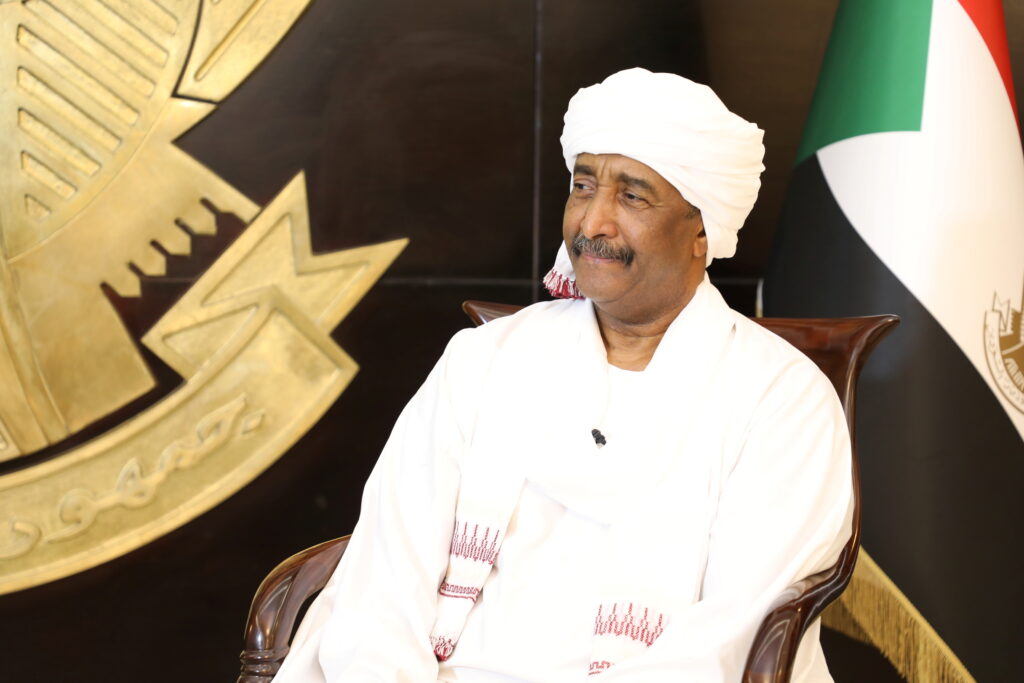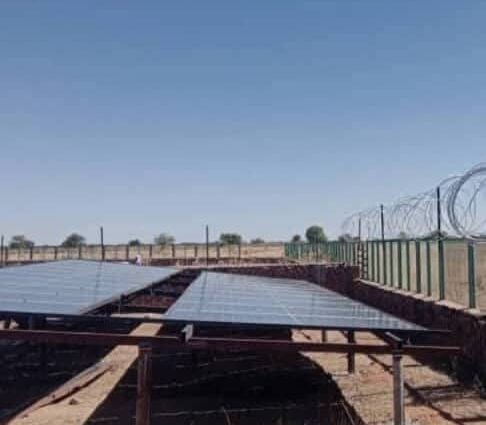
Sudan teeters on the edge of catastrophe, as fighting between General Abdel Fattah a Burhan’s army (SAF) and Rapid Support Forces continues unabated. Since April 15, 2023, thousands have died, though the exact toll remains unknown, while violence drives nearly 12 million from their homes.
The conflict has worsened a longstanding humanitarian crisis, leaving more than 30 million people in urgent need of assistance across Sudan. Food insecurity and malnutrition are rising sharply, while cholera and other infectious diseases spread amid the ongoing chaos.
Gender-based violence has surged, and 17 million children are out of school, raising fears of a lost generation in Sudan. Regional instability is growing, with cross-border clashes and extremist groups threatening the Horn of Africa and the Red Sea region.
Ramtane Lamamra, UN Secretary-General’s envoy to Sudan, warns the violence could still be halted through dialogue and political pressure. He urges the Burhan’s army and RSF to cease hostilities immediately, allowing humanitarian aid to reach civilians and protect essential infrastructure.
Lamamra stresses that coordinated international efforts, led by the UN Security Council and regional powers, are critical to ending the war. He highlights the United States’ role in convening the ‘Quad’—Egypt, Saudi Arabia, and the UAE—to support peace initiatives in Sudan.
The envoy has listened to civilians across Sudan, whose message is clear: stop the violence and allow hope for a future of dignity. Lamamra calls for rapid, unified action, warning the narrow window for dialogue may close soon with the seasonal rains and ongoing conflict.
The international community must step up, applying sustained pressure on all parties to ensure peace, aid delivery, and long-term stability. Sudan’s survival, he concludes, depends on global resolve and the collective effort to restore safety, security, and opportunity for its people.



